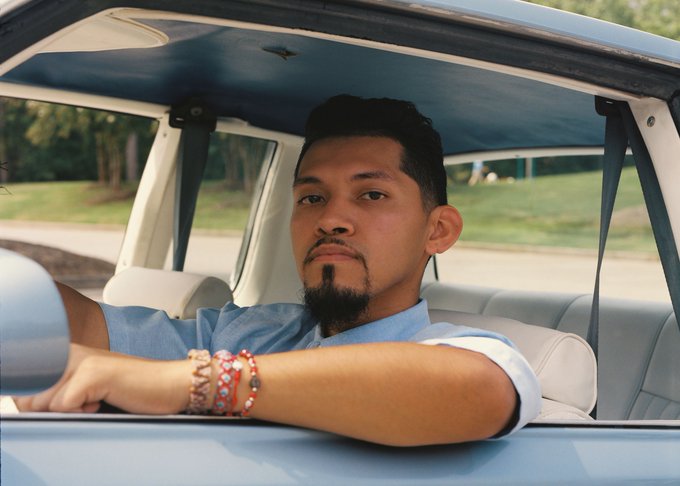
Kidnapping, torture, sexual abuse and extortion by cartels await migrants who are returned to Mexico from the U.S., an investigation by @noticiastelemundo showed.
#NBCNewsThreads (1/10) nbcnews.com/news/latino/te…
#NBCNewsThreads (1/10) nbcnews.com/news/latino/te…
It was a telephone number from Mexico.
A group of men told Denis Sanabria that they were holding his brother, David, 32, and his 4-year-old niece, Ximena. If he wanted to see them alive again, he had to send the kidnappers $7,500 in eight days. (2/10) media-cldnry.s-nbcnews.com/image/upload/r…
A group of men told Denis Sanabria that they were holding his brother, David, 32, and his 4-year-old niece, Ximena. If he wanted to see them alive again, he had to send the kidnappers $7,500 in eight days. (2/10) media-cldnry.s-nbcnews.com/image/upload/r…
Noticias Telemundo Investiga interviewed 32 migrants, including David, who were kidnapped from 2019 to 2021 in Mexico and the United States. Their relatives had to pay $1,500 to $5,000 as ransom to different cartels or criminal gangs for each of the kidnapped migrants. (3/10)
Denis had no more options to get more money for his brother and niece. A month earlier, he had managed to sell a car and take out all his savings to pay their smuggler, or coyote, $8,000 to bring them north through Mexico to the U.S. border. (4/10) media-cldnry.s-nbcnews.com/image/upload/r…
David’s coyote was supposed to drop them off at the Texas border, where he and his daughter were going to turn themselves in to immigration authorities and seek asylum.
But when they reached the Mexican state of Tamaulipas, the coyote handed them over to an armed group. (5/10)
But when they reached the Mexican state of Tamaulipas, the coyote handed them over to an armed group. (5/10)
David and Ximena were in a cellar for two days, and from there they were transferred to the desert. There were green tents set up under some bushes to camouflage the hostage camp. David estimates that there were about 50 migrants, mostly Hondurans. (6/10)
David said that when the deadline arrived for other migrants and their families who had not been able to pay the ransom, the captives were murdered right there in the camp.
“With a machete they dismembered them, killed them," David said. (7/10)
“With a machete they dismembered them, killed them," David said. (7/10)
Denis lost his shame asking for money on the streets of Nashville, and prepared posters explaining his situation and that of his kidnapped brother. He put out several plastic cans to collect money and in one week, he raised the $3,500 needed to free his brother and niece. (8/10)
David and Ximena were released and made it across the border. They were detained by Border Patrol before being returned to Mexico.
The two sought shelter in Tijuana and went through the process of obtaining humanitarian parole to legally allow for them to stay in the US. (9/10)
The two sought shelter in Tijuana and went through the process of obtaining humanitarian parole to legally allow for them to stay in the US. (9/10)

“For a moment, we felt that everything was finished, that the goal we had was not going to be achieved, which was to be together here, but there is always a great God who can do anything,” Denis said at the Nashville airport.
He was able to hug his brother after 6 years. (10/10)
He was able to hug his brother after 6 years. (10/10)
• • •
Missing some Tweet in this thread? You can try to
force a refresh





